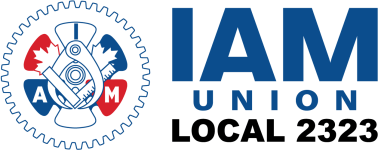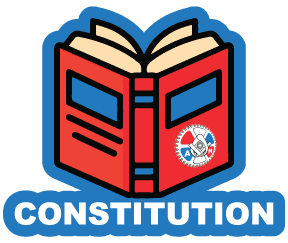Vanessa Lu
Business Reporter
Air Canada’s president and CEO Calin Rovinescu saw his overall compensation package shrink last year, but four other senior executives saw a significant boost.
In 2011, Rovinescu’s base salary of $1.4 million was unchanged from the year before, but with other payments including bonuses and shares, his total compensation was $3.99 million, down from $4.5 million in 2010.
However, he was due to receive a $5 million retention bonus on March 31, 2012 that is not covered by the management information circular released late Friday.
The board’s compensation committee noted key accomplishments such as cost cutting programs, mitigating fuel expense costs and increasing revenues. It added Rovinescu preserved liquidity levels of more than $2 billion despite “fuel and labour challenges.”
Other top executives saw their overall compensation increase despite a tough year for Canada’s largest airline that was faced with repeated labour uncertainty that included a three-day strike by customer-service agents represented by the Canadian Auto Workers union.
While base salaries in 2011 for other top Air Canada executives remained mostly the same, other compensation jumped including bonuses and shares.
Chief financial officer Michael Rousseau had a salary of $518,000, but collected $1.6 million in total compensation, up from $1.2 million a year earlier.
Chief operating officer Duncan Dee’s salary remained at $500,000 but total compensation jumped to $1.6 million from $1.1 million in 2010.
Chief commercial officer Benjamin Smith’s salary rose to $451,250 from $425,000 but his total compensation package jumped to $1.3 million from $950,498 in 2010.
David Legge, senior vice-president of operations, had a salary of $405,000, up from $346,879, and his total compensation rose from $978,478 to $1.1 million.
News of the compensation packages is sure to anger Air Canada employees who are frustrated with how contract talks have panned out over the past year.
The federal government intervened on several occasions to block strikes and lockouts. Talks are set to resume this week with the pilots’ and machinists’ unions after a wildcat strike and sickouts—but if deals cannot be reached within 10 days, then arbitrators will impose contracts.
CAW president Ken Lewenza didn’t mince words.
“It’s ridiculous. It’s obscene,” he said in an interview.
“I’m not surprised. It shows you the disconnect between the executives and the workers and the customers,” Lewenza said.
During a conference call with analysts last Friday, Rovinesccu acknowledged that the labour disruptions may have hurt Air Canada’s brand and had an impact on bookings, but he bristled at any union suggestion that it was time for management change.
“Then they ought to work in a co-operative where they get to decide.”




